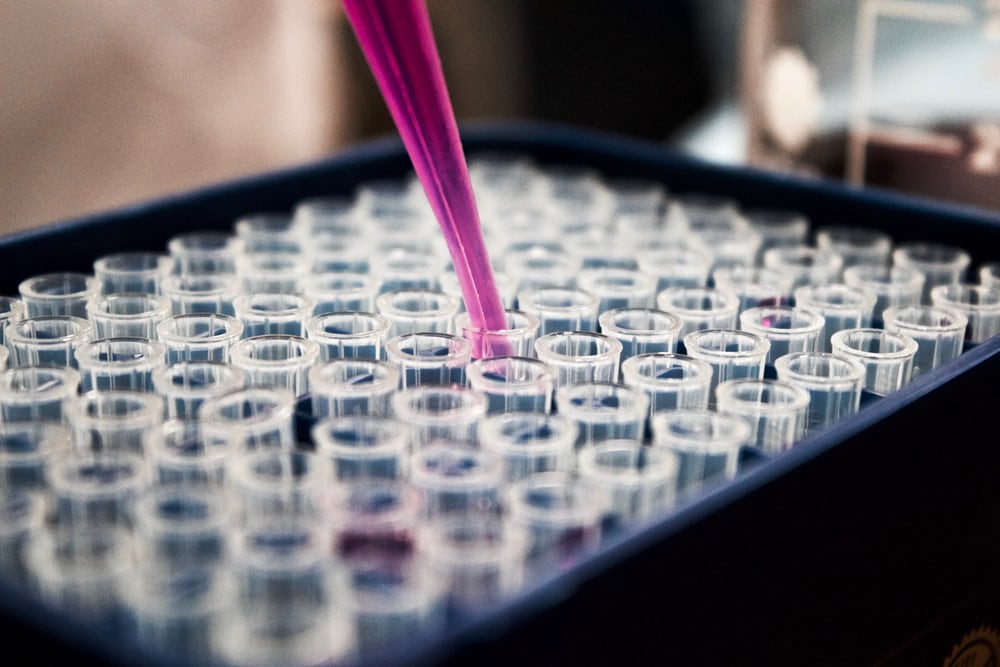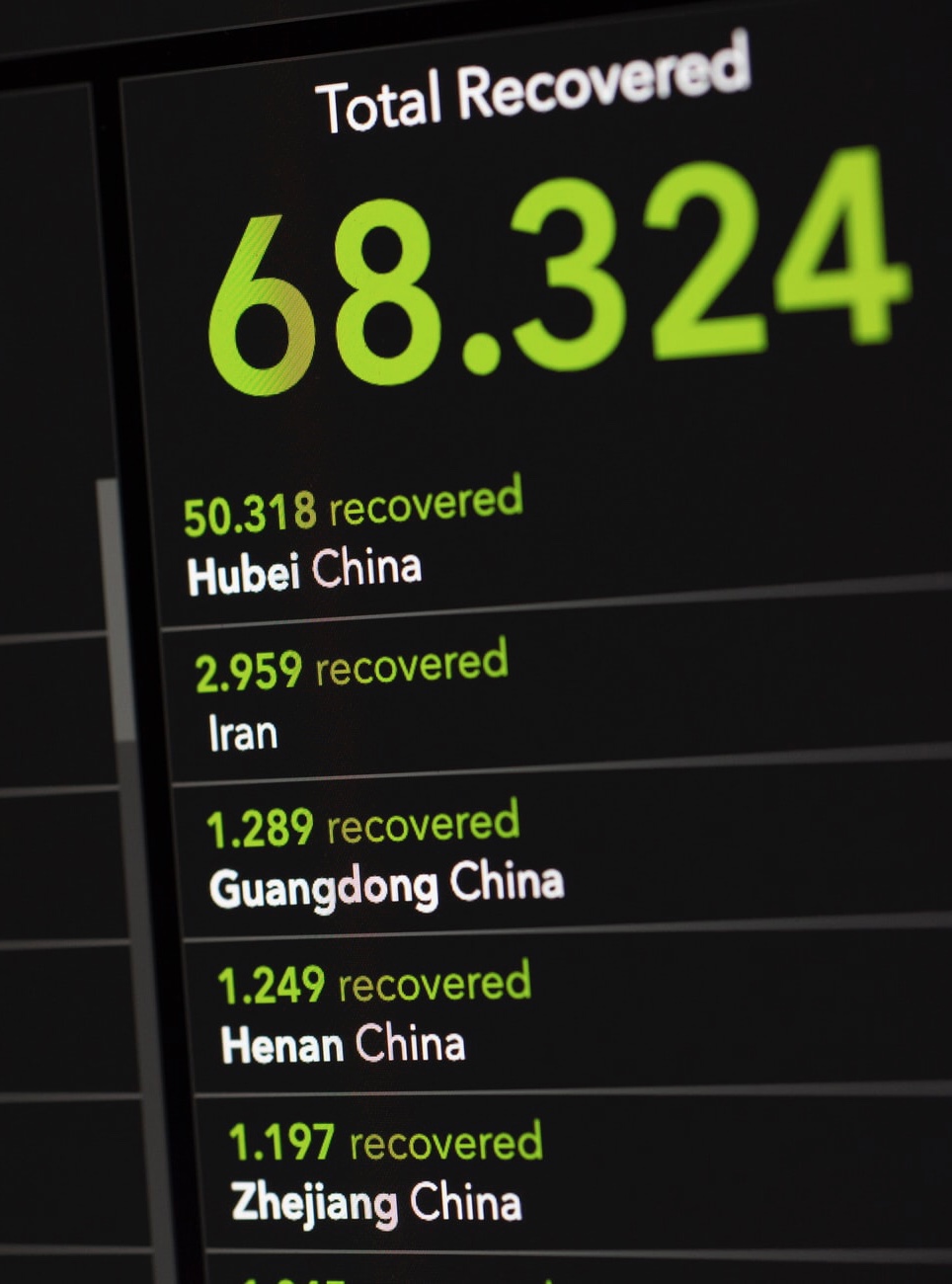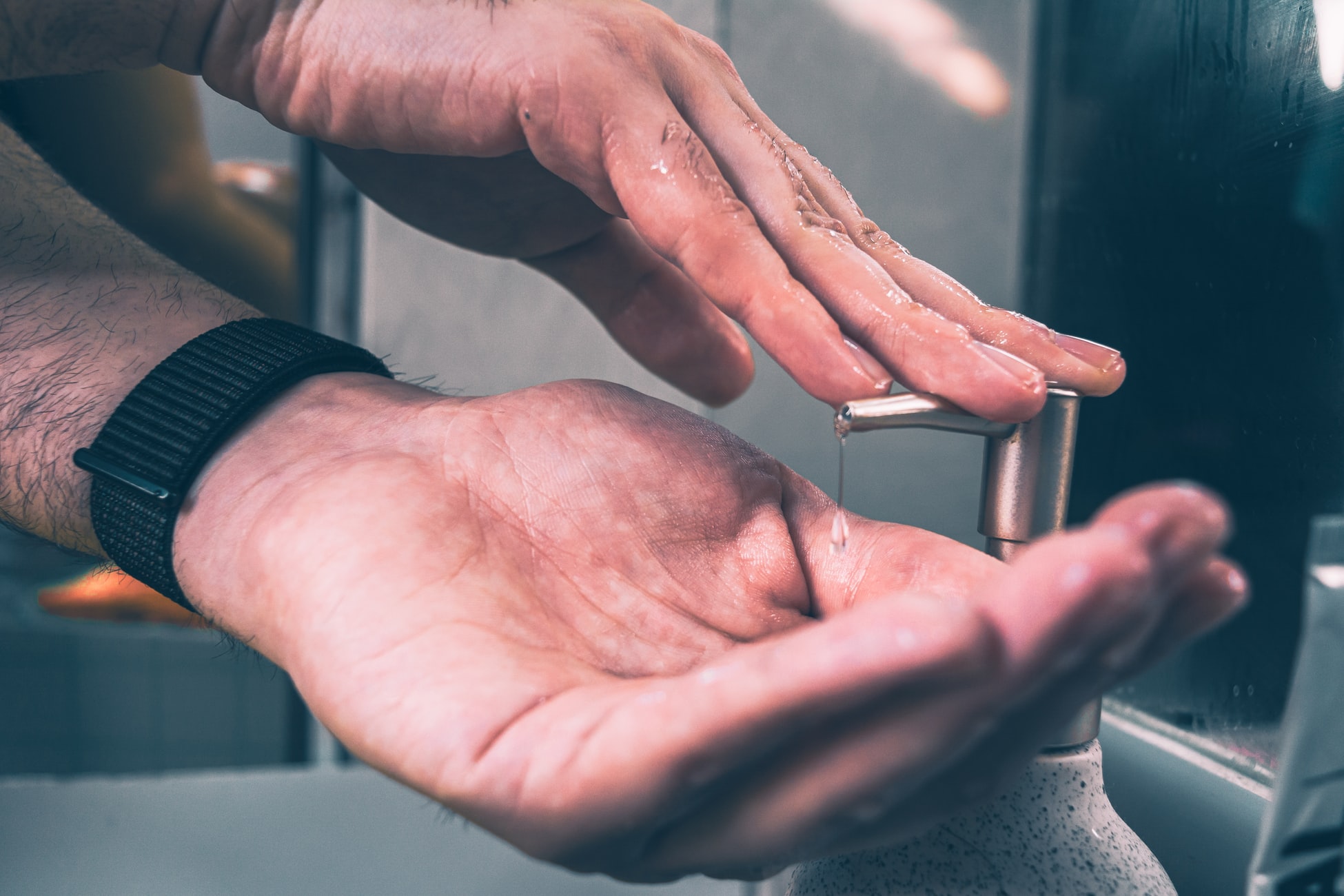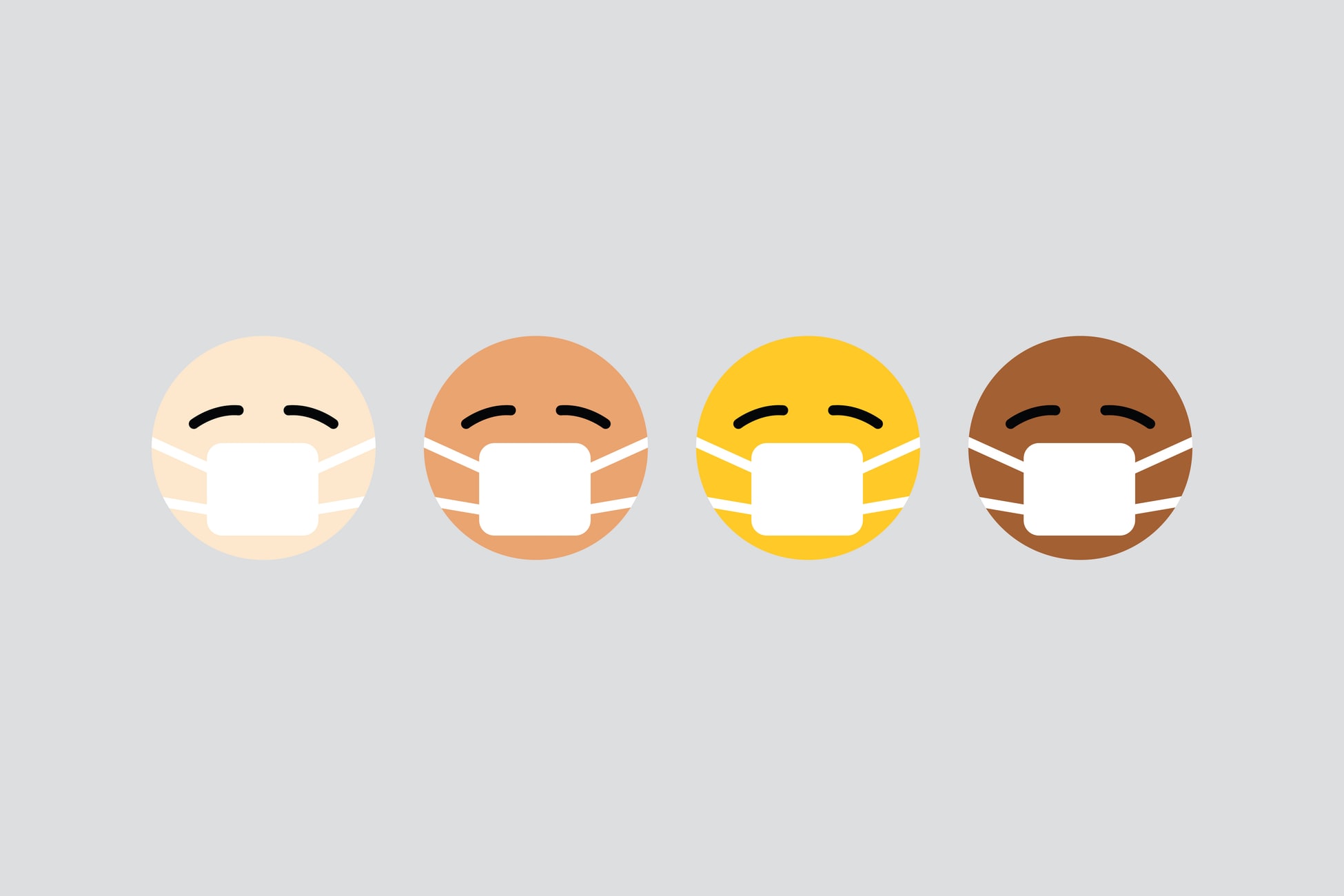
- Inspiring People -
- 8mins -
- 226 views
7 Positive Updates on the COVID-19 Outbreaks From Around the World
A roundup of hopeful headlines plus advice for the public from the World Health Organization.
COVID-19: the good news
We know that your newsfeed has been full of alarming updates on the COVID-19 outbreaks, but it is important to note there are also plenty of positive news items on the pandemic as well. Here are 7 hopeful headlines on the coronavirus response from around the world, plus advice for the public from the World Health Organization.

1. US Researchers Deliver First COVID-19 Vaccine to Volunteers in Experimental Test Program
Scientists at the Kaiser Permanente Washington Research Institute in Seattle delivered the first rounds of a potential coronavirus vaccine to several dozen optimistic volunteers earlier this week. One 43-year-old vaccine recipient, Jennifer Haller, a mother of two teenagers, was all smiles afterwards, telling AP reporters she was “feeling great” as she was leaving the clinic.
2. Researcher Says That Antibodies From Recovered COVID Patients Could Help Protect People At Risk
The vaccine being tested in Seattle isn’t the only potential treatment for the disease—an immunologist from Johns Hopkins University is reviving a century-old blood-derived treatment for use in the United States in hopes of slowing the spread of the disease. The technique uses antibodies from the blood plasma or serum of people who have recovered from COVID-19 infection to boost the immunity of newly-infected patients and those at risk of contracting the disease.
3. South Korean Outbreak Recoveries Outnumber New Infections for 3 Days in a Row
The South Korean Outbreak is finally abating as recoveries outnumber new infections for three days in a row. According to Reuters, South Korea recorded more COVID-19 recovery cases on March 6th than new infections for the first time since the nation experienced the largest Asian outbreak outside of China.
Since the novel coronavirus outbreak was first reported in South Korea back in January, the nation reached a peak of 909 new infections on February 29th. Now, however, Reuters reports that the declining rate of infection has continued to fall with less than 100 new cases reported for several days in a row.

4. China Celebrates Several Milestones of Recovery After Temporary Hospitals Close and Parks Reopen
Crowds of medical staffers and discharged patients were filmed celebrating the closure of all 14 temporary hospitals that opened in Wuhan to treat COVID-19 patients during the worst of the outbreak. Authorities told the South China Morning Post this week that the virus had finally passed its peak as the nation’s mainland experienced only 11 new cases on March 13th, most of which were from international travellers. As the outbreak is finally brought under control, parks and tourist attractions are slowly beginning to reopen to the public under careful moderation.
5. Australian Researchers Testing Two Drugs as Potential ‘Cures’ for the Virus
At the University of Queensland Centre for Clinical Research, scientists have found that two different medications—both of which are registered and available in Australia—have completely wiped out traces of the disease in test tubes.
Not only that, the drugs were given to some of the nation’s first COVID-19 patients, which resulted in “disappearance of the virus and complete recovery from the infection,” researchers told News.com.au.
The university is now looking to conduct a nationwide trial with the drugs to evaluate the efficacy and tolerance of each drug administered separately and together.
6. Dutch and Canadian Researchers Report Additional Breakthrough Research on Treating the Virus
Scientists from Canada and the Netherlands have also made medical breakthroughs of their own. In Toronto, a team of researchers managed to isolate the agent responsible for the ongoing outbreak of COVID-19, which will help researchers around the world develop better diagnostic testing, treatments, and vaccines.
“Researchers from these world-class institutions came together in a grassroots way to successfully isolate the virus in just a few short weeks,” said Dr. Rob Kozak, clinical microbiologist at Sunnybrook Health Sciences Centre. “It demonstrates the amazing things that can happen when we collaborate.”
Meanwhile, Dutch researchers have submitted a scientific paper for publishing on how they have identified an anti-body for the virus—and it could be a world-first.
7. Hopes of a coronavirus vaccine rise as three key biotech players make progress
The race is on to develop an immunisation against COVID-19, and in the last 72 hours, three biotech companies, in particular, have been thrust into the spotlight for their promise: BioNTech, CureVac and Moderna. All three of these firms specialise in messenger RNA (mRNA) therapeutics. These mRNA molecules are used to instruct the body to produce its own immune response to fight a range of different diseases. The European Commission has so far pledged 80 million euros of financial support. — CNBC

Coronavirus disease (COVID-19) advice for the public from the World Health Organization
Basic protective measures against the new coronavirus
Stay aware of the latest information on the COVID-19 outbreak, available on the WHO website and through your national and local public health authority. Most people who become infected experience mild illness and recover, but it can be more severe for others. Take care of your health and protect others by doing the following:
- Wash your hands frequently
Regularly and thoroughly clean your hands with an alcohol-based hand rub or wash them with soap and water.
Why? Washing your hands with soap and water or using alcohol-based hand rub kills viruses that may be on your hands.
- Maintain social distancing
Maintain at least 1 metre (3 feet) distance between yourself and anyone who is coughing or sneezing.
Why? When someone coughs or sneezes they spray small liquid droplets from their nose or mouth which may contain virus. If you are too close, you can breathe in the droplets, including the COVID-19 virus if the person coughing has the disease.
- Avoid touching eyes, nose and mouth
Why? Hands touch many surfaces and can pick up viruses. Once contaminated, hands can transfer the virus to your eyes, nose or mouth. From there, the virus can enter your body and can make you sick.
- Practice respiratory hygiene
Make sure you, and the people around you, follow good respiratory hygiene. This means covering your mouth and nose with your bent elbow or tissue when you cough or sneeze. Then dispose of the used tissue immediately.
Why? Droplets spread virus. By following good respiratory hygiene you protect the people around you from viruses such as cold, flu and COVID-19.
- If you have fever, cough and difficulty breathing, seek medical care early
Stay home if you feel unwell. If you have a fever, cough and difficulty breathing, seek medical attention and call in advance. Follow the directions of your local health authority.
Why? National and local authorities will have the most up to date information on the situation in your area. Calling in advance will allow your health care provider to quickly direct you to the right health facility. This will also protect you and help prevent spread of viruses and other infections.
- Stay informed and follow advice given by your healthcare provider
Stay informed on the latest developments about COVID-19. Follow advice given by your healthcare provider, your national and local public health authority or your employer on how to protect yourself and others from COVID-19.
Why? National and local authorities will have the most up to date information on whether COVID-19 is spreading in your area. They are best placed to advise on what people in your area should be doing to protect themselves.
Protection measures for persons who are in or have recently visited (past 14 days) areas where COVID-19 is spreading:
- Follow the guidance outlined above.
- Stay at home if you begin to feel unwell, even with mild symptoms such as headache and slight runny nose, until you recover. Why? Avoiding contact with others and visits to medical facilities will allow these facilities to operate more effectively and help protect you and others from possible COVID-19 and other viruses.
- If you develop fever, cough and difficulty breathing, seek medical advice promptly as this may be due to a respiratory infection or other serious condition. Call in advance and tell your provider of any recent travel or contact with travellers. Why? Calling in advance will allow your health care provider to quickly direct you to the right health facility. This will also help to prevent possible spread of COVID-19 and other viruses.
Coronavirus disease (COVID-19): advice for the public from the World Health Organization
Coronavirus disease (COVID-19): rolling updates on the Coronavirus disease from the World Health Organization


